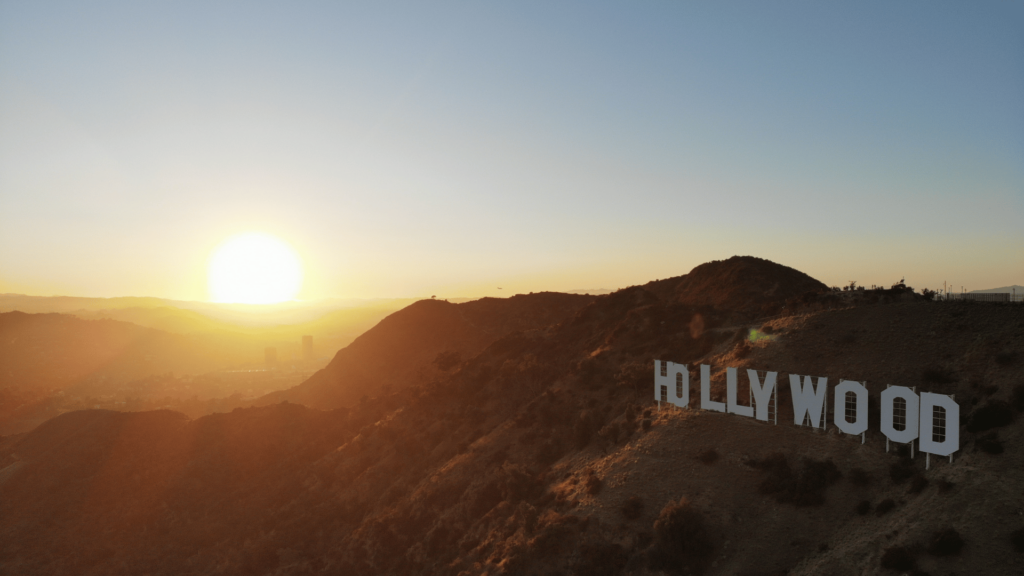Lights, camera, action! Movie songs have the power to transport us to different worlds, evoke emotions, and enhance the overall cinematic experience. From catchy tunes that get stuck in our heads to powerful ballads that bring tears to our eyes, movie songs play a crucial role in shaping the narrative and creating a lasting impact on audiences. In this blog post, we will explore the magic of movie songs, their significance in the film industry, and how they have evolved over time.
The Most Iconic Movie Songs
One of the most iconic movie songs of all time is “Over the Rainbow” from the 1939 film “The Wizard of Oz.” Sung by Judy Garland, this timeless classic has become synonymous with the film and is instantly recognizable to people of all ages. It perfectly captures the sense of longing and hope that Dorothy feels as she dreams of a better place beyond the rainbow. This song not only won an Academy Award for Best Original Song but also went on to become Garland’s signature song throughout her career.
Significance and Influence of Movie Songs
Movie songs have the ability to transport us back to specific moments in a film, eliciting a rush of emotions and memories. Think about the iconic “My Heart Will Go On” by Celine Dion from the 1997 film “Titanic.” This power ballad became an instant hit and is often associated with the epic love story between Jack and Rose. Whenever we hear this song, we are transported back to the dramatic scenes of the sinking ship and the heart-wrenching farewell between the two lovers. It perfectly captures the essence of their love and has become a symbol of the film itself.
Transformative Power of Movie Songs
The significance of movie songs goes beyond mere entertainment. They are an integral part of the storytelling process, helping to convey the emotions, themes, and messages of a film. A well-chosen song can enhance the mood of a scene, create tension, or provide a moment of reflection. Take, for example, the opening sequence of the 1977 film “Saturday Night Fever” featuring John Travolta. As Travolta struts down the street to the tune of “Stayin’ Alive” by the Bee Gees, we are immediately immersed in the vibrant world of disco and get a sense of the character’s confidence and swagger.
Evolution of Movie Songs
Over the years, movie songs have evolved alongside the film industry itself. In the early days of cinema, movie songs were often performed by the actors themselves or by live orchestras accompanying silent films. With the advent of sound in the late 1920s, musicals became a popular genre, and movie songs became an essential element of these productions. From the golden age of Hollywood to the present day, movie songs have continued to captivate audiences and leave a lasting impact.
The Resurgence of Movie Musicals
In recent years, there has been a resurgence of movie musicals, with films like “La La Land,” “The Greatest Showman,” and “A Star is Born” bringing back the magic of song and dance on the big screen. These films have not only reintroduced the joy of movie songs to a new generation but have also garnered critical acclaim and numerous awards. The success of these films has proven that movie songs are still a powerful tool for engaging audiences and creating memorable cinematic experiences.
The Process of Creating a Movie Song
The process of creating a movie song involves collaboration between various individuals, including composers, lyricists, directors, and music supervisors. The song needs to align with the vision of the film and enhance the storytelling. It should complement the visuals and dialogue, creating a seamless integration between the music and the narrative. A well-crafted movie song can become an anthem, forever associated with the film and etched in the memories of audiences.
Key Takeaways
- Movie songs have the power to transport us, evoke emotions, and enhance the cinematic experience.
- Iconic movie songs like “Over the Rainbow” from “The Wizard of Oz” and “My Heart Will Go On” from “Titanic” have become synonymous with their respective films.
- Movie songs play a crucial role in shaping the narrative and creating a lasting impact on audiences.
- They can transport us back to specific moments in a film, eliciting a rush of emotions and memories.
- Movie songs are not just for entertainment; they convey the emotions, themes, and messages of a film.
- Over the years, movie songs have evolved alongside the film industry, from the golden age of Hollywood to the resurgence of movie musicals in recent years.
- Creating a movie song involves collaboration between composers, lyricists, directors, and music supervisors to align with the film’s vision and enhance storytelling.
- Well-crafted movie songs can become anthems forever associated with the film, leaving a lasting impact on audiences.
If you’re passionate about the world of movie songs and want to explore a career in the music industry, consider taking the “NYU x Billboard | Music Industry Essentials” online course and certificate program offered by Yellowbrick. This comprehensive program will provide you with the knowledge and skills to navigate the music industry, including understanding the role of music in film and media. Take the next step in pursuing your passion for movie songs and start your journey toward a successful career in the music industry.






